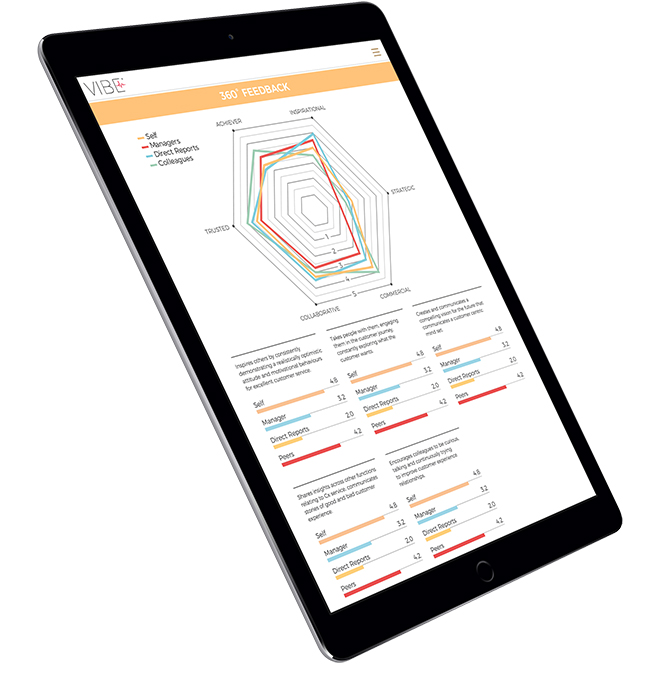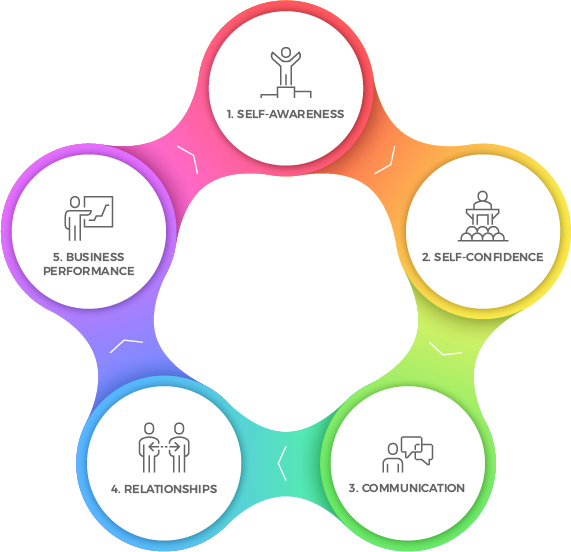Action plans, PDP’s, SMART plans, development pathways, objective setting…. Is now the right time to be reassessing and realigning the goals that you (probably) wrote at the beginning of the year?
The short answer is yes. Some of you may have used the lockdown months to work on your personal development. The Open University saw a huge surge in web traffic at the beginning of the lockdown and an overwhelming increase in the past few months with individuals completing online courses.
“We offer almost 10,000 hours of free online content. So around about 1,000 courses. What we already saw, prior to the government post, at the beginning of lockdown was the visitation rates to our sites spike considerably,” said Simon Tindall, head of skills and innovation at The Open University.
“It’s all about trying to upskill or even just give recognition of people who want to reskill and get recognition of their existing skills and allowing them to be a little bit more job-worthy going forward.”
Source EuroNews 6.May.2020
Others, may have ‘thought’ about some lockdown learning, written on their weekly to-do list to learn a new skill, join a webinar, read some interesting articles or reach out to a colleague about mentoring - but just haven’t got around to it… and let’s not give ourselves a hard time about that. We were navigating through difficult and unknown territories and I think we all need a pat on the back for getting this far.
But maybe, now is the time for action?
Having a robust action plan, clear objectives and identified success measures is key to achieving goals. I’ve written about this in previous blogs; writing clear, concise and SMART objectives is one of the stumbling blocks a lot of leaders struggle to get over. My ‘setting objectives’ coaching conversations following a 360-feedback session are typically the lengthiest and most challenging.
What makes putting pen to paper and clarifying our goals such a challenge for intelligent, ambitious and driven leaders?
It’s Personal
The first thing that I’ve noted is that execs are very comfortable writing business strategies or departmental objectives, however, when the objectives are focused on personal development, the ideas don’t flow as easily.
Why?
- Holding yourself accountable for personal growth – it’s all about me, the objectives are for me and only me
- You have to do something about it now it’s written down
- Difficulty in measuring success and defining success measures
- It’s easier to focus on the numbers
- KPI’s are more tangible
Below is the coaching conversation I had with a client recently to try and turn the one-liners following a 360 feedback session into SMART objectives, that would form part of a robust personal development plan… (The text in italic are my questions as part of the conversation, I haven’t given the responses as to protect the identity of the client)
To give it context, I asked them to consider the three things they wanted to focus on as a result of the 360 feedback and an action plan to support this...
- Positivity – focus on opportunities, not challenges
- Do not shy away from conflict – be the voice for my team
- Entrepreneurial – be more commercially minded, especially with my peers

Vibe 360 Survey - Feedback Platform
Positivity – focus on opportunities, not challenges
How are you going to do this? This is behavioural change so will require a shift in mindset… can the action can initially be focused on the mindset shift?
What’s the measure of success and how will this start to become a habit?
What opportunities are there to do this more often and with more visibility?
Can you think of ways to reward and recognise when your team present opportunities to grow the market?
How can you make this visible to the wider SLT team?
Consider what stops you being in a positive mindset and how you can prepare for meetings with some positive feedback before exploring the challenges?
Who is going to help you to do this?
Which relationship pools can you pull on to help you?
Who in your network has a positive attitude that you can observe their behaviour?
Do not shy away from conflict – be the voice for my team
Why do you shy away from conflict?
What’s the risk if you ‘speak up’?
Who in your team handles conflict well?
What similar things could you do that you’ve seen work with X
I think this one needs some more reflection and observations. I can help you in your coaching sessions with ways to effectively challenge, however, can you also consider how you will do this? And maybe identify the impact when you do this successfully?
Eg) if I appropriately challenge the impact will be…..
Entrepreneurial – be more commercially minded, especially with my peers
What is the action that will change behaviour and perception?
How do you know what your peers think of you in relation to commerciality?
What, in terms of the relationships, could you improve with your peers?
What opportunities are there currently to do this (quick wins?)
Where do you think your current knowledge gaps are in terms of commerciality and what can you do to overcome these?
What does ‘entrepreneurial’ mean to you? Consider the questions used in the Vibe 360 and use these to create specific measurable goals
It may help to use this template when writing your actions:
- What I will do differently? Consider your behaviours here too…
- What is the impact on the business? My team? My reputation?
- Provide context to the action (when, where, opportunities)
- Determine the desired outcome
- Identify success measures - How will I know if i have been successful?
- Identify evidence data
- What could stop me from achieving this? (and how will you overcome it)?
- Timescale?
- Who can support me?
The final element in the list above could be your most valuable to successful action planning, knowing who can support you and getting the right support can be the difference between success and failure. The relationships you have at work are important for the success of your personal goals.
Firstly, who do you trust to share your personal action plan with? We’ve seen leaders in SLT groups who have been unwilling (initially) to share their behavioural objectives, predominantly from a fear that they may be judged for ‘not being good enough’. We ALL have development areas, and by sharing yours with a colleague you may find that the cross-functional collaboration can help you to achieve your goals quicker.
Secondly, who in your network is going to challenge you? We all need someone who will be open and honest with us, particularly when it comes to leadership behaviours. When we run our Vibe 360 feedback programmes with leaders in organisations, we suggest that you a) don’t just ask your mates! and b) get a mix of observational feedback (close enough to see you do it) and reputational feedback (may work in another department and they are basing their feedback on your reputation as a leader). Both are important when asking for feedback so you are able to get a balanced viewpoint.
Finally, ensure that you have shared your action plan with your line manager. Arguably, the most important relationship you have at work is with your boss. They’ve typically walked your path before, so tap into their knowledge, experience and mistakes they have made along the way so that you can learn and adapt your behaviours for a successful outcome.

Vibe 360 - 5 Point Cycle
If you’d like to talk to us about personal action planning, or would like to explore our Vibe 360 feedback tool as a starting point to writing your action plan, get in touch [email protected]